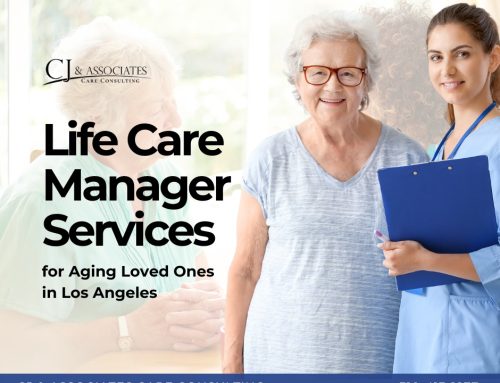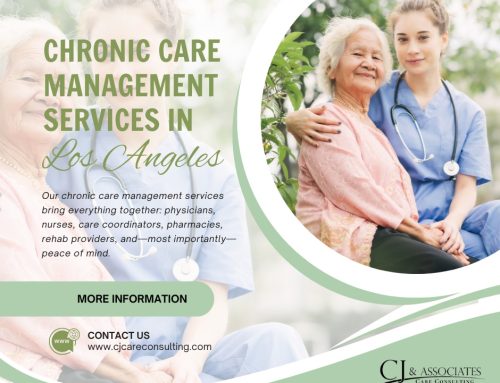Shingles is a viral infection, caused by the same virus that leads to chickenpox. Anyone who has had the chickenpox virus still has that inactive virus in their body which can develop into shingles later on.
Older adults and those with lowered immune system responses are more susceptible to shingles, and people over 60 have an increased risk of complications such as stroke. According to the CDC, about one in three people will develop shingles in their lifetime.
Symptoms
This virus causes a rash of fluid-filled blisters accompanied by pain, skin sensitivity, and itching. The rash generally appears in a small area on one side of the body, and is often found on the torso or face. Fever, headaches, and fatigue are other possible symptoms associated with shingles.
Treatment
When shingles is suspected it is important to contact your doctor as soon as possible for evaluation and treatment. There are antiviral medications available and your doctor can also help with pain management. The sooner that shingles are treated, the less likely it is that you will develop serious or lasting complications.
At-home treatments are usually focused on managing the pain with approaches including ice, oatmeal baths, over-the-counter pain medication. Ask your doctor before using any topical creams as they may not help or even make the situation worse.
Infection control is also very important when dealing with the blister-like rash that happens with shingles. Change bandaids often, make sure they are dry and clean, always wash hands before addressing the coverings or rashes, keep the blisters clean and dry, and try to not scratch blisters which can irritate them and break the skin, increasing infection risk.
Complications
Postherpetic neuralgia, or PHN, is one of the most common complications associated with shingles. It is long-term nerve pain in the site where the shingles rash occurred and can be severe enough to lead to disability.
If a shingles rash appears on the face, especially near the eye, it can cause vision loss from scarring if not addressed quickly.
Researchers have also found a strong correlation between shingles and cardiovascular complications like stroke or coronary heart disease but are still trying to determine why they appear connected.
Prevention
Though there is no completely foolproof way of preventing shingles, there is a vaccine to help prevent it from developing which is recommended for all adults ages 50 and older.
You cannot get shingles directly from another person, however someone with active shingles can pass on the virus which causes chickenpox on to other people who have not already had it or the chickenpox vaccine. Because chickenpox can be very dangerous for some people, it is good to avoid physical contact with others until your blisters scab over and are no longer active. Covering the rash when around other people can also help prevent viral spread.
Find out more about how CJ & Associates Care Consulting can support the health of you or your loved ones. Contact us today for more information or to make an appointment.






